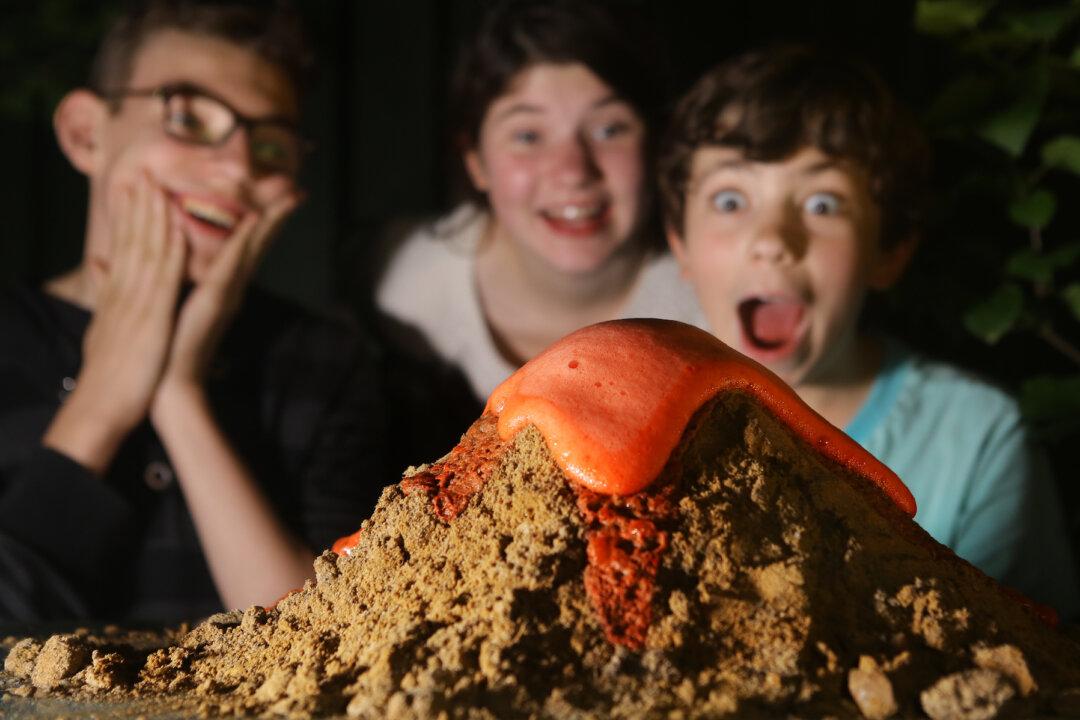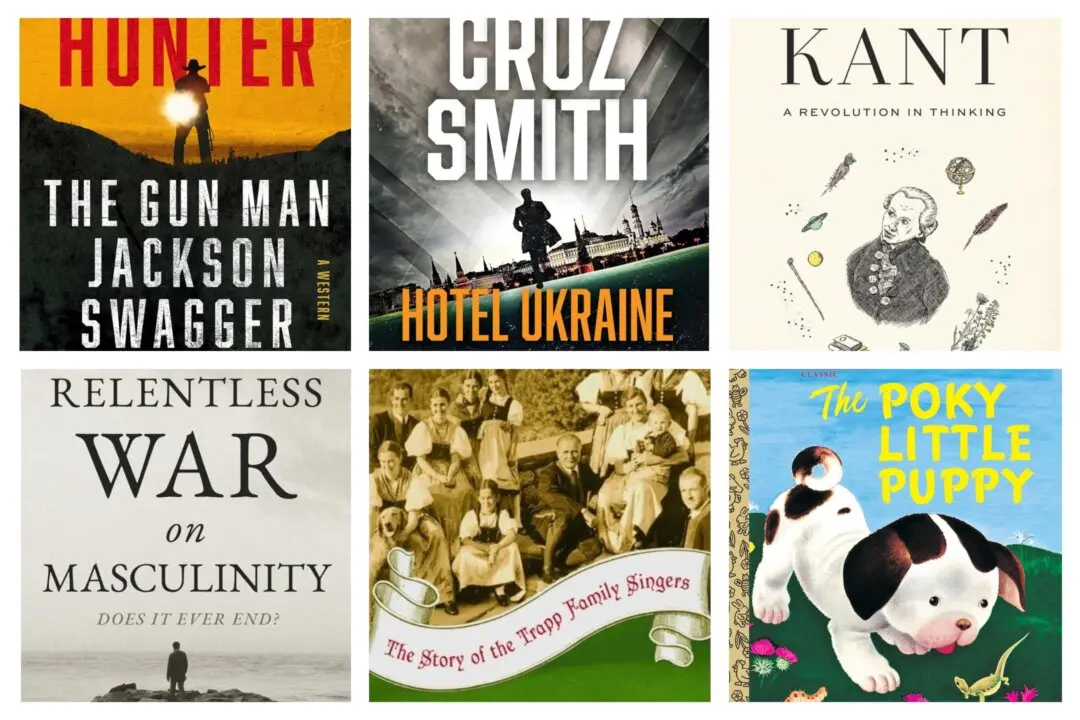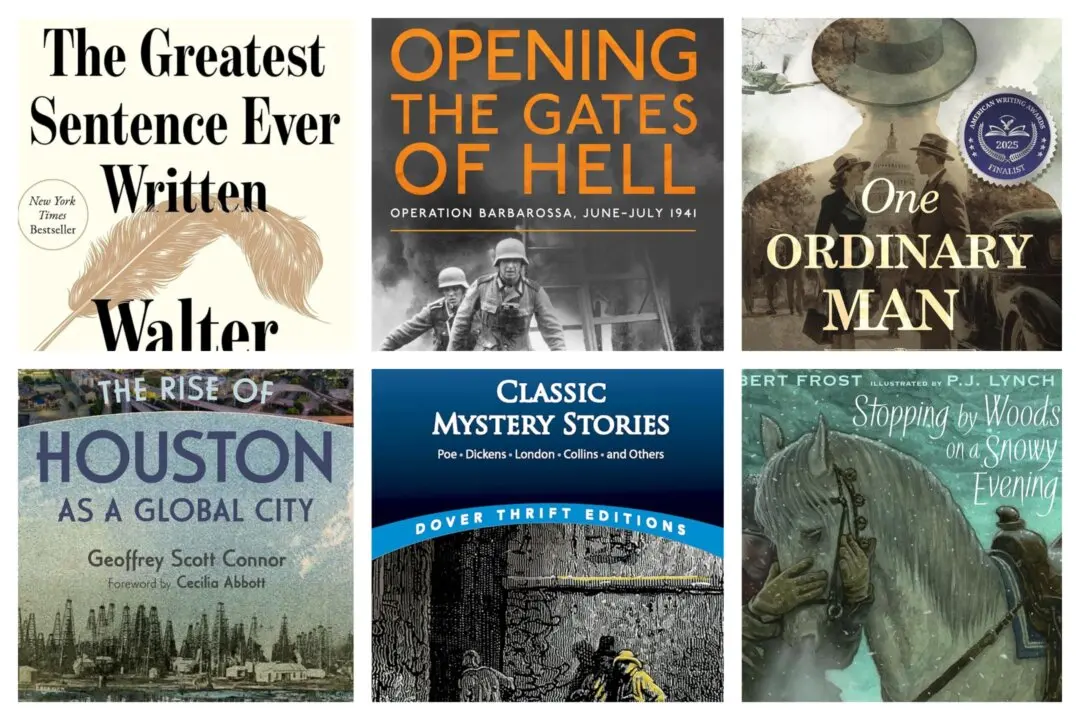It seems that more parents than ever before are preparing to homeschool their children this coming school year. Some have been at this for a while, and some are embarking on their first year along this path.
As they gather materials and plan field trips, going down the list of subjects to include in the curriculum, they’ll come upon the subject of science and have one of two reactions: They either rejoice because they’ll get to dive deep into the things they geek out about or they worry because they have no idea how on earth they would ever be able to teach science.






